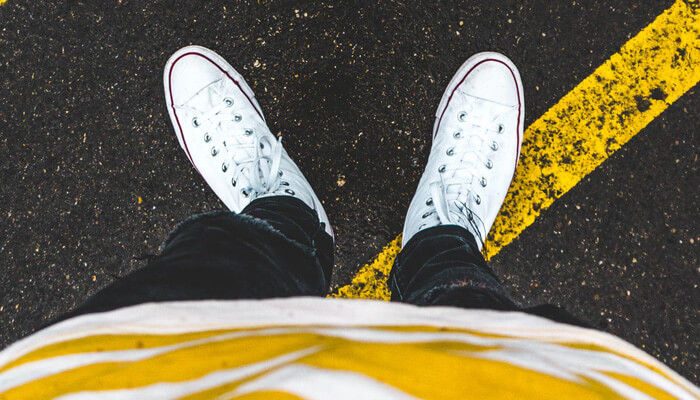The Millennial and Gen Z consumers have been quite clear. They want to know where their brands and retailers stand on important social issues, and are willing to take their business elsewhere if those positions do not align with their own.
One of the most important causes for today’s younger generations is stopping climate change through sustainable consumption. A recent NPD study found that young U.S. consumers are willing to pay more for sustainable products. But are sports brands doing enough here?
The outdoor industry has always been at the forefront of protecting and preserving the environment. But, I think the outdoor industry has taken this position for granted. I believe the industry needs to tell the consumer all the things they do on a daily basis to end climate change, as well as the work that must continue.
I believe one of the many reasons for Patagonia’s current success is the very vocal and powerful stand they have taken on environmental issues. Other brands in the space can follow this lead. The stories are there. We just need to do a better job of telling those stories.
One area where the outdoor industry has fallen short is in diversity and inclusiveness. Outdoor brands and retailers are leaving business on the table by underserving minority groups and the everyday consumer. A big part of the current industry malaise is this inability to move away from only addressing the core.
The athletic side of the sports business has quietly been doing very good work on sustainability, but they have been far too quiet.
Brands have focused on new manufacturing techniques that create less waste and use less harmful bonding materials. Adidas’s Parley collection, which uses recycled plastic ocean waste, is a great example of the kind of work that is being done. But as we saw in the outdoor industry, brands are not telling the story well enough. Athletic retailers have virtually been left out of the conversation.
Diversity remains another opportunity for the athletic industry. All workers in the sports industry product chain must be paid a fair wage and work in safe conditions. Doing something this obvious will result in a significant upside for manufacturers and retailers that honor the quality of the work environment for female employees.
Much good work has been done in the sports retail business, but there is so much more to do. And as an industry, we can do a better job of telling these stories.









